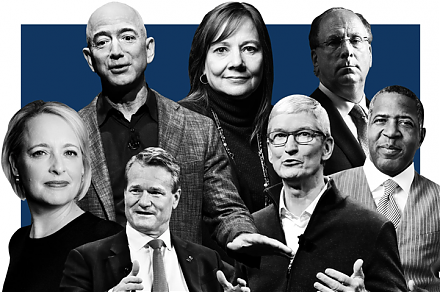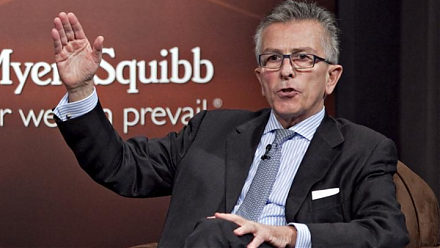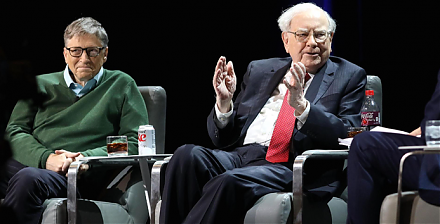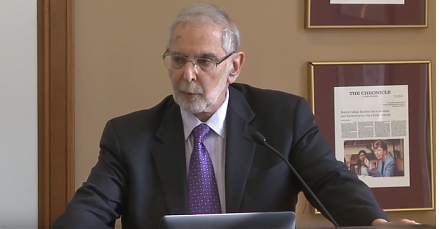

2019-09-01 10:31:00 Sun ET
technology social safety nets education infrastructure health insurance health care medical care medication vaccine social security pension deposit insurance
Most artificial intelligence applications cannot figure out the intricate nuances of natural language and facial recognition. These intricate nuances represent a major persistent challenge to most recent artificial intelligence applications such as Apple Siri, Amazon Alexa, and Google Assistant etc. For instance, artificial intelligence applications often cannot decipher puns, jokes, sarcastic remarks, and other more complex conversations. Artificial intelligence applications often cannot distinguish delicate human facial expressions such as surprise and confusion, fear and anxiety, or hubris and hysteria.
Many artificial intelligence machines learn from big data to predict specific human emotions, actions, and interactive outcomes via neural networks. Primary emotion recognition technology analyzes facial expressions to infer how humans feel, and this technology can create $25 billion business opportunities by 2025. Tech titans such as Facebook, Apple, Microsoft, Google, and Amazon (F.A.M.G.A.) lead these tech advances in artificial intelligence. New lean specialty startups such Kairos and Affectiva also take part in this fresh unique direction. Emotion recognition can often help promote products and services, and this new technology can be useful in job recruitment, fraud, and crime prevention. Several lean enterprises seek to capture this tech niche, and these enterprises have yet to close the gap between artificial intelligence and universal intelligence.
If any of our AYA Analytica financial health memos (FHM), blog posts, ebooks, newsletters, and notifications etc, or any other form of online content curation, involves potential copyright concerns, please feel free to contact us at service@ayafintech.network so that we can remove relevant content in response to any such request within a reasonable time frame.
2021-11-22 11:29:00 Monday ET

U.S. judiciary subcommittee delves into the market dominance of online platforms in terms of the antitrust, commercial, and administrative law in America.
2019-01-10 17:31:00 Thursday ET

The recent Bristol-Myers Squibb acquisition of American Celgene is the $90 billion biggest biotech deal in history. The resultant biopharma goliath would be
2017-06-21 05:36:00 Wednesday ET

In his latest Berkshire Hathaway annual letter to shareholders, Warren Buffett points out that many people misunderstand his stock investment method in seve
2019-08-28 14:46:00 Wednesday ET

Santa-Barbara political economy professor Benjamin Cohen proposes new fiscal stimulus to complement the current low-interest-rate monetary policy. Cohen fin
2019-03-09 12:43:00 Saturday ET

Pinterest files a $12 billion IPO due in mid-2019. This tech unicorn allows users to pin-and-browse images through its social media app and website. Pintere
2023-06-19 10:31:00 Monday ET

A brief biography of Dr Andy Yeh (PhD, MFE, MMS, BMS, FRM, and USPTO patent accreditation) Dr Andy Yeh is responsible for ensuring maximum sustainable me